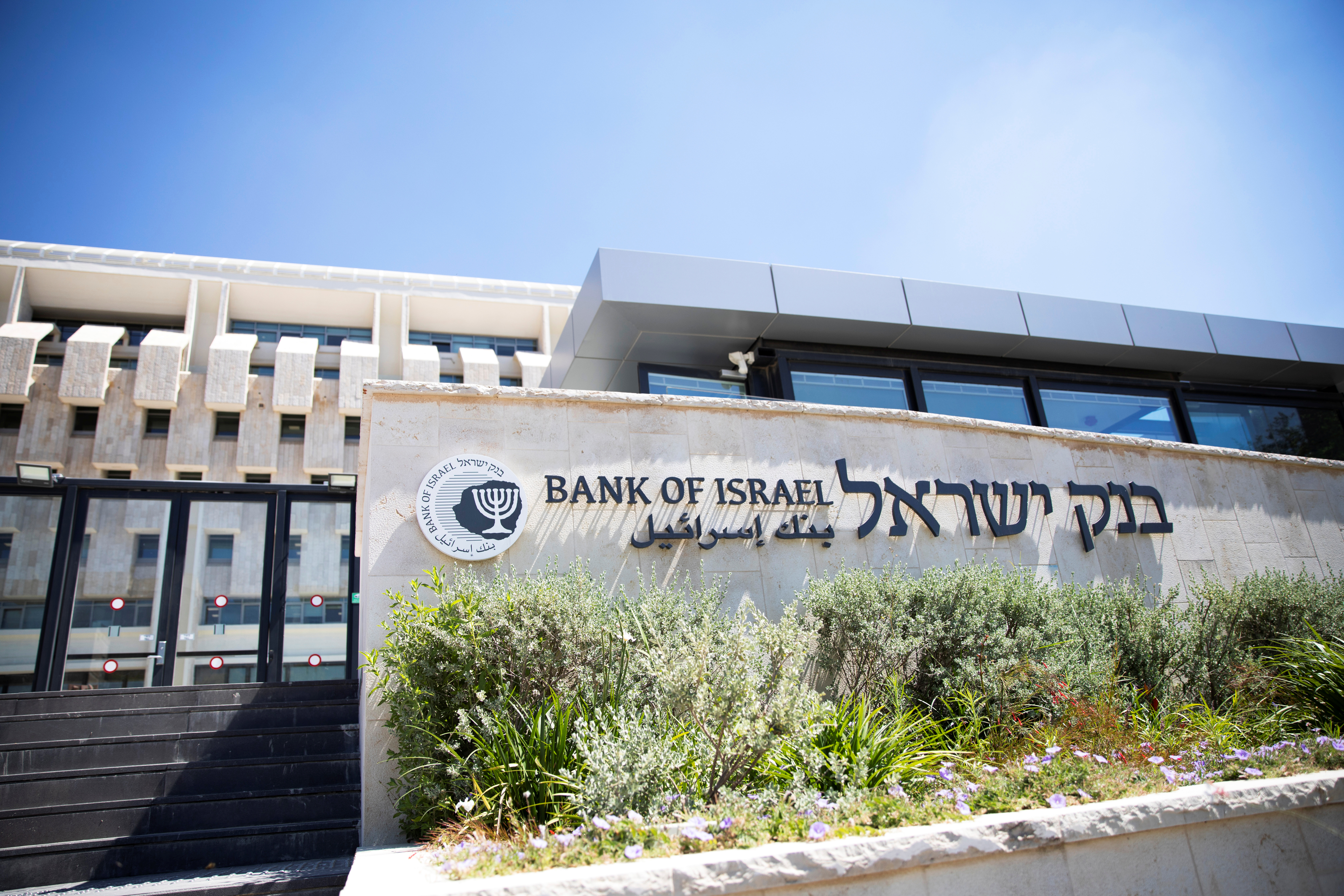pctay123
Publish Date: Wed, 28 Aug 2024, 17:57 PM

JERUSALEM, Aug 28 (Reuters) - The Bank of Israel kept interest rates unchanged on Wednesday for the fifth-straight meeting, citing geopolitical uncertainty that has raised economic risks, along with rising inflation, and said rates would likely not fall further until 2025.
The central bank, worried about Israel's risk premium, which has risen since Israel's war against Hamas militants began on Oct. 7, left its benchmark rate (ILINR=ECI) , opens new tab at 4.50%. All 15 analysts polled by Reuters had expected no rate move.
"In view of the continuing war, the monetary committee’s policy is focusing on stabilizing the markets and reducing uncertainty, alongside price stability and supporting economic activity," the Bank of Israel said in a statement.
Policymakers expressed concerns over loosening fiscal policy as the war and geopolitical risks are being reflected in high yield spreads between Israeli government and U.S. bonds, and in credit default swap spreads that are near record levels.
The central bank had reduced the rate by 25 basis points in January after inflation eased and economic growth slowed amid the Gaza war, but kept policy steady in February, April, May and July.
Some analysts had believed that rates could go down further this year, with two more decisions on Oct. 9 and Nov. 25 but deputy governor Andrew Abir said that was unlikely.
"It's unlikely for us to be cutting rates until well into 2025," Abir told Reuters, noting that the decision remains data-dependent.
"As long as the uncertainty around the war (and) the dislocation in various key industries carries on, it's difficult for us to be able to reduce interest rates."
He said there were too many factors against a rate cut, such as rising inflation and the Gaza war, which has created supply disruptions and labour shortages. Those conditions have led to a higher budget deficit and the government has yet to present a credible 2025 state budget.
"Because of the fiscal situation, that leads us to being more cautious and conservative about monetary policy," Abir said. "And we think a higher level of interest is needed in order to keep the economy and markets stable."
Israel's annual inflation rate rose to 3.2% in July from 2.9% in the previous month, moving back above the government's 1%-3% target range after falling as low as 2.5% in February.
The economy grew an annualised 1.2% in the second quarter, slowing markedly from a 17.3% pace in the first quarter.
"The level of economic activity is lower than the trendline and even lower than its level in the corresponding quarter of 2023, and is greatly impacted by supply limitations," the bank said.
Sign up here.
https://www.reuters.com/markets/rates-bonds/israel-central-bank-unlikely-cut-rates-again-2024-deputy-governor-says-2024-08-28/












